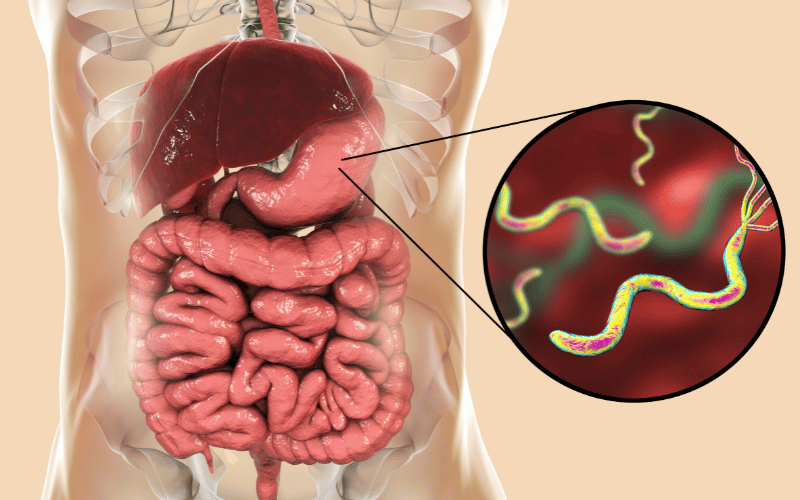Introduction: Ignoring that Gut Feeling? Here’s Why You Shouldn’t.

There’s a nagging feeling in your stomach that just won’t go away. Maybe you’re reading this article on your phone in the waiting room of a gastroenterologist’s office, or perhaps you’re looking for answers during a sleepless night. Whatever the case, you’ve found the right place. This article is your frontline guide to understanding the mysterious world of stomach ulcers. We’re talking real, actionable insights that you can put to good use.
Gastric ulcers, or as they’re colloquially known, stomach ulcers, aren’t to be taken lightly. They’re wounds that develop in the lining of your stomach, and they have the potential to turn your daily life into a recurring cycle of discomfort. Far from being just a nagging issue, these ulcers can cascade into far more severe health complications if left unchecked.
So, what ignites these painful sores in your stomach lining? Well, it’s complicated. From bacterial infections to the foods you eat and even your stress levels, multiple factors can play a role. However, the good news is that most of these triggers are well within your control. And no, it’s not just about stress or that late-night spicy snack you devoured. The story is a lot more nuanced.
Throughout this in-depth article, we’ll unravel the top 10 causes of gastric ulcers. Drawing on the latest scientific evidence, we’ll offer valuable information to help you get your gut health back on track. This is about more than just skimming through information; it’s about diving deep to uncover what really makes your stomach tick.
Ready for a gut check? Keep reading to find out what’s really going on inside you and how you can take the reins of your own health.
1. H. Pylori Infections: A Microscopic Menace Within

We often think of bacteria as harmful agents invading our bodies. But what if the culprit lies in plain sight, already residing within you? The Helicobacter pylori bacteria, commonly referred to as H. pylori, are known to colonize the digestive tract. You may not feel its presence, but this microbe has some serious party fouls, contributing significantly to the onset of stomach ulcers.
Firstly, H. pylori are champions at surviving the acidic environment of the stomach. They produce ammonia, neutralizing the acid around them, making the stomach lining more susceptible to damage. Not just a passive player, this bacteria instigates inflammation, making the environment even more conducive for an ulcer to form. It’s like setting a small fire and then fanning the flames.
But it gets more interesting. Not everyone with H. pylori develops an ulcer. It seems the bacteria have favorite spots to hang out in your stomach, specifically targeting the antrum or lower section. The location matters because it can influence other digestive processes, increasing your risk of developing an ulcer. (1)